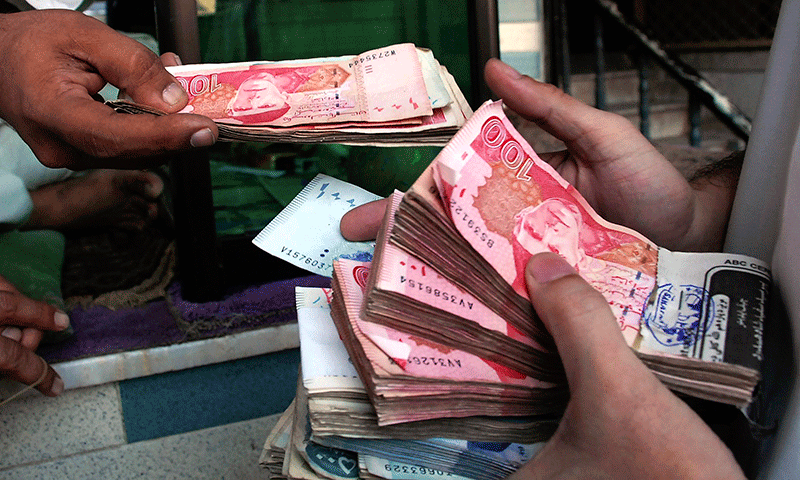
KARACHI: How often has it happened that you were buying something over the internet but didn’t have a bank card? Or even worse, it is not accepted? SimPaisa is trying to solve this problem: bringing an accessible payment gateway to everyone.
It is a Karachi-based network carrier billing company that lets you make micro payments directly from your sim. It’s all in the name! So the next time you want to buy something from play store, you might not need a credit card, just enough balance on your network. We have all seen this at some point, be it the dam fund donations through our phones or paying for a new caller tune, but this startup wants to scale it as a broad-based alternative to other payment channels.
To be clear, Simpaisa doesn’t have an app of its own and which consumers can download but is available to them through selected merchants. They already have few partners on board including Islam360 and Marvel Games. Other than that, they have also paired with startups and are working to bring big names like Zee and Eros on board by year-end. As for telcos, they have agreements will all local companies except for Ufone.
But for any mode of payment to kick off, it has to be widely accessible. So clearly, a handful of merchants isn’t going to cut it. Then what’s the plan? “We are looking to bring on board more quality merchants over the next year, especially within the entertainment and gaming industry,” says CEO Salim Karim.
So far, Pakistan has lagged behind when it comes to over-the-top (OTT) development and businesses because the payment options barely cater to the local market. Developers can’t monetise their apps here since most consumers don’t have bank cards while the global payment channels are still not operating in Pakistan. And this is one of the markets SimPaisa is looking to capture: the domestic OTT services, especially within gaming sector.
Salim, however, doesn’t want to limit SimPaisa either to carrier billing or Pakistan. “We are currently planning to bring in other channels, like landline billing etc as well as partnering up with telcos abroad, particularly Saudi Arabia and Egypt,” he shares.
There’s another prized market Salim is eyeing at: India. Due to political tensions, many of the Indian websites and apps don’t accept Pakistani cards so even the most financially included segment of our population is unable to buy stuff online. However, he is looking to change that.
Idea for launching SimPaisa came to Salim and Yassir Pasha when they were trying to find an accessible payments solution for tapmad.tv. But things accelerated when they won a fintech challenge, securing $100,000 and used that to develop their tech. Then in May, Sarmayacar stepped in with $250,000 of seed money, expected to cover them for the next 12 months and Salim hopes that by then, the startup will be cash positive.
As for their source of revenue, currently they have a commission-based model. On every transaction, a certain cut is charged to the merchant by the telcos, of which SimPaisa takes its own share.
In the backdrop of a global surge in mobile wallets, what sense does it make for Pakistan to move towards a more basic payment channel though? Well, plenty. The active number of mobile wallets fell short of even 200,000 last year while only 1.4 million people have credit cards.
On the other hand, cell phones have penetrated every segment of the country and it’s the masses that SimPaisa wants to cater to. “Majority of the people have a mobile so its reach is exponentially higher, plus they are more familiar with carrier billing and payments, be it subscribing to a caller tune or any other,” says Salim.
Sure, the reach is unparalleled but things can’t be as rosy here either. Right, they are not. “The average mobile balance in Pakistan is just Rs3 per user, which becomes a huge challenge for a business like us that depends a fair deal on recursive payments. Often people subscribe to our merchants but at the time of next payment, they have nothing in their account,” the CEO tells Dawn.
The move towards more advanced payment channel has to be made eventually, and if regional trends were to serve as an indicator, it has to be done fairly soon. What’s the contingency plan when the inevitable happens? “When the market for digital payments matures enough, we’ll move towards being an aggregator and bring in various gateways, such as mobile wallets or credit cards, into one space,” he says.
The writer is member of staff:
Twitter: @MutaherKhan
Published in Dawn, November 18th, 2018









































